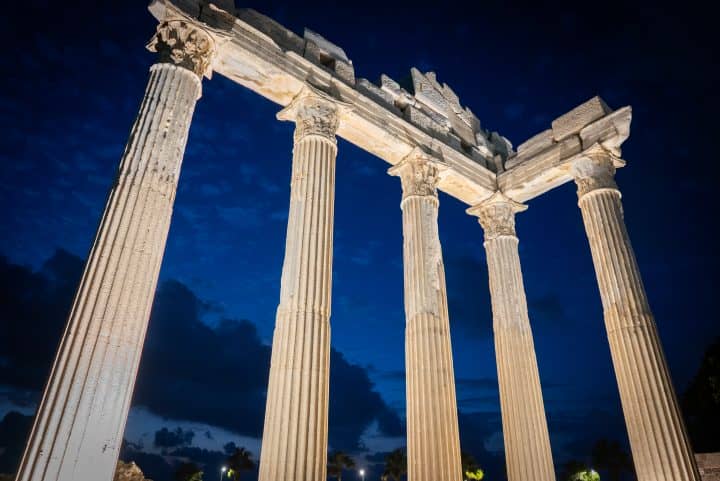 Epaminondas, an influential figure in ancient Greek history, played a pivotal role in shaping his time’s politics and military strategies. Born in the late 5th century BCE, Epaminondas rose to prominence as a Theban statesman and military leader. His visionary leadership and innovative military tactics left an indelible mark on the ancient Greek world. This article delves into the life and achievements of Epaminondas, exploring his significant contributions to Thebes and his enduring legacy.
Epaminondas, an influential figure in ancient Greek history, played a pivotal role in shaping his time’s politics and military strategies. Born in the late 5th century BCE, Epaminondas rose to prominence as a Theban statesman and military leader. His visionary leadership and innovative military tactics left an indelible mark on the ancient Greek world. This article delves into the life and achievements of Epaminondas, exploring his significant contributions to Thebes and his enduring legacy.
Early Life and Education
Epaminondas was born in Thebes, a city-state in Boeotia, around 418 BCE. Though details about his early life are scarce, it is believed that he received an excellent education, which played a crucial role in his later achievements. Epaminondas studied under the renowned philosopher Lysis, who instilled in him a love for wisdom and justice. His education contributed to his ability to think critically and develop innovative strategies that would later define his military campaigns.
The Theban Hegemony
Epaminondas emerged during a turbulent period in Greek history, marked by power struggles and rivalries among city-states. The dominance of Sparta, the leading military power of the time, was challenged by Thebes, led by Epaminondas. Under his leadership, Thebes sought to establish its authority over the Greek city-states, a period known as the Theban Hegemony.
Battle of Leuctra
Epaminondas’ most significant military achievement was the Battle of Leuctra in 371 BCE. In this battle, Epaminondas implemented a revolutionary military formation known as the “oblique order.” He effectively outflanked the powerful Spartan army by concentrating his forces on one flank and weakening the other. This strategic maneuver led to a decisive victory for Thebes and shattered the myth of Spartan invincibility, altering the power dynamics of ancient Greece.
Social Reforms and the Boeotian League
Epaminondas’s influence extended beyond the battlefield. As a statesman, he championed social reforms to enhance the rights and status of the lower classes. He transformed the Boeotian League, an alliance of cities in Boeotia, into a powerful political and military force that challenged Spartan hegemony. Epaminondas introduced democratic reforms, granting political rights to previously marginalized groups and fostering a sense of unity and shared purpose among the Boeotians.
The Legacy of Epaminondas
Epaminondas’s legacy lies in his unwavering commitment to justice, equality and freedom. His military innovations and political reforms had far-reaching implications for the ancient Greek world.
Impact on Military Tactics
Epaminondas’s military strategies revolutionized warfare and influenced future generations of military leaders. His use of the oblique order and emphasis on depth over width challenged traditional Greek military formations. Epaminondas’s innovations would be adopted by prominent leaders, including Alexander the Great, who recognized the strategic brilliance of his Theban predecessor.
The Struggle for Greek Hegemony
Epaminondas’s achievements sparked a power struggle among the Greek city-states. The Theban Hegemony gradually declined after his death in the Battle of Mantinea in 362 BCE. However, his vision of a united Greece and the ideals he championed endured. Epaminondas left a lasting impact on Greek political thought, inspiring philosophers like Plato and Aristotle, who admired his commitment to justice and equality.
Epaminondas, the visionary statesman and military leader of ancient Greece, shaped the political landscape and the army strategies of his time. His innovative military tactics, particularly the oblique order, revolutionized Greek warfare. Through his social reforms and leadership, he united the city-states of Boeotia and challenged Spartan dominance. Epaminondas’s legacy endured beyond his lifetime, inspiring future generations of leaders and leaving an indelible mark on Greek history. His commitment to justice and equality continues to resonate, reminding us of the enduring power of visionary leadership.
Source:

